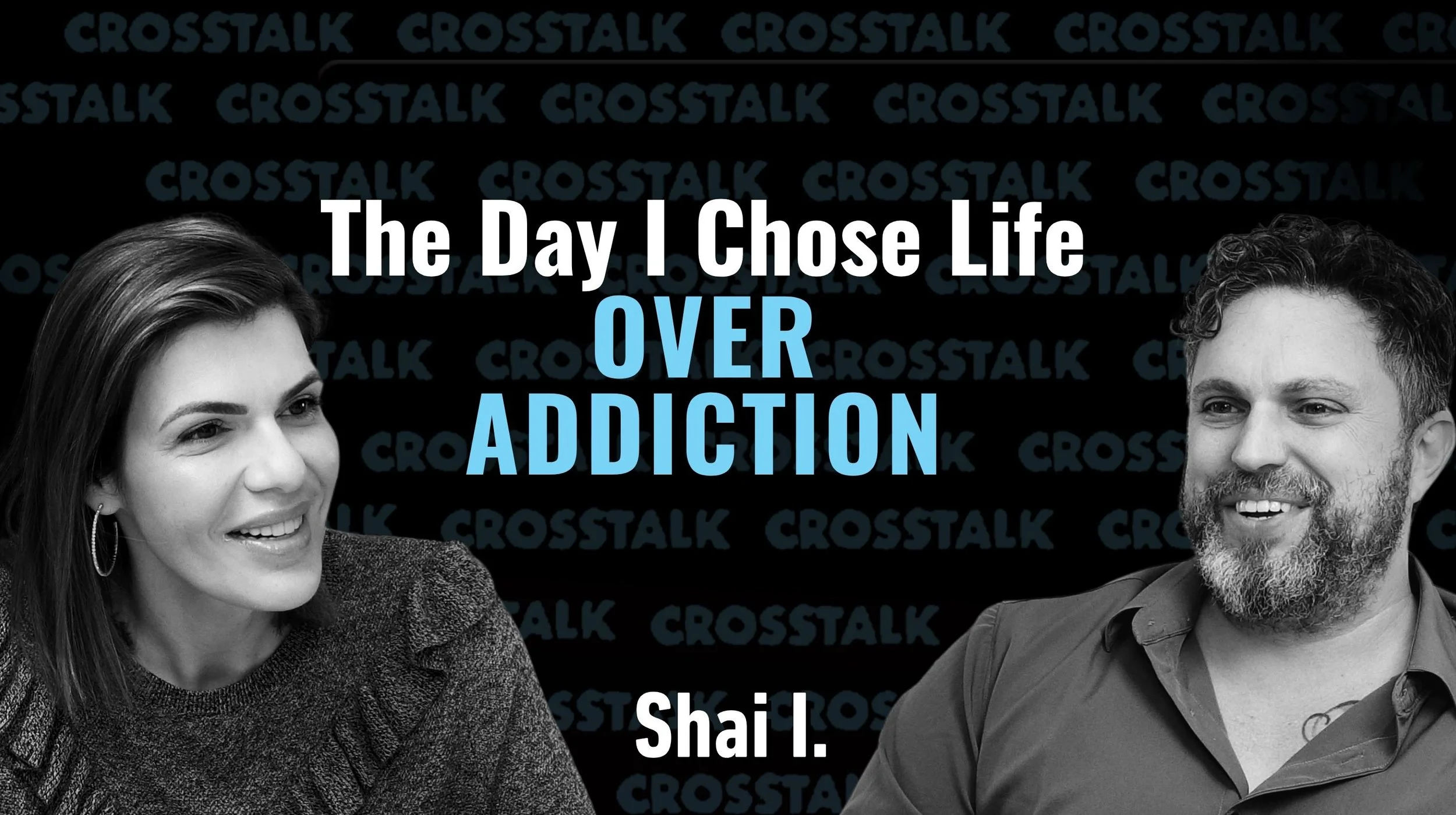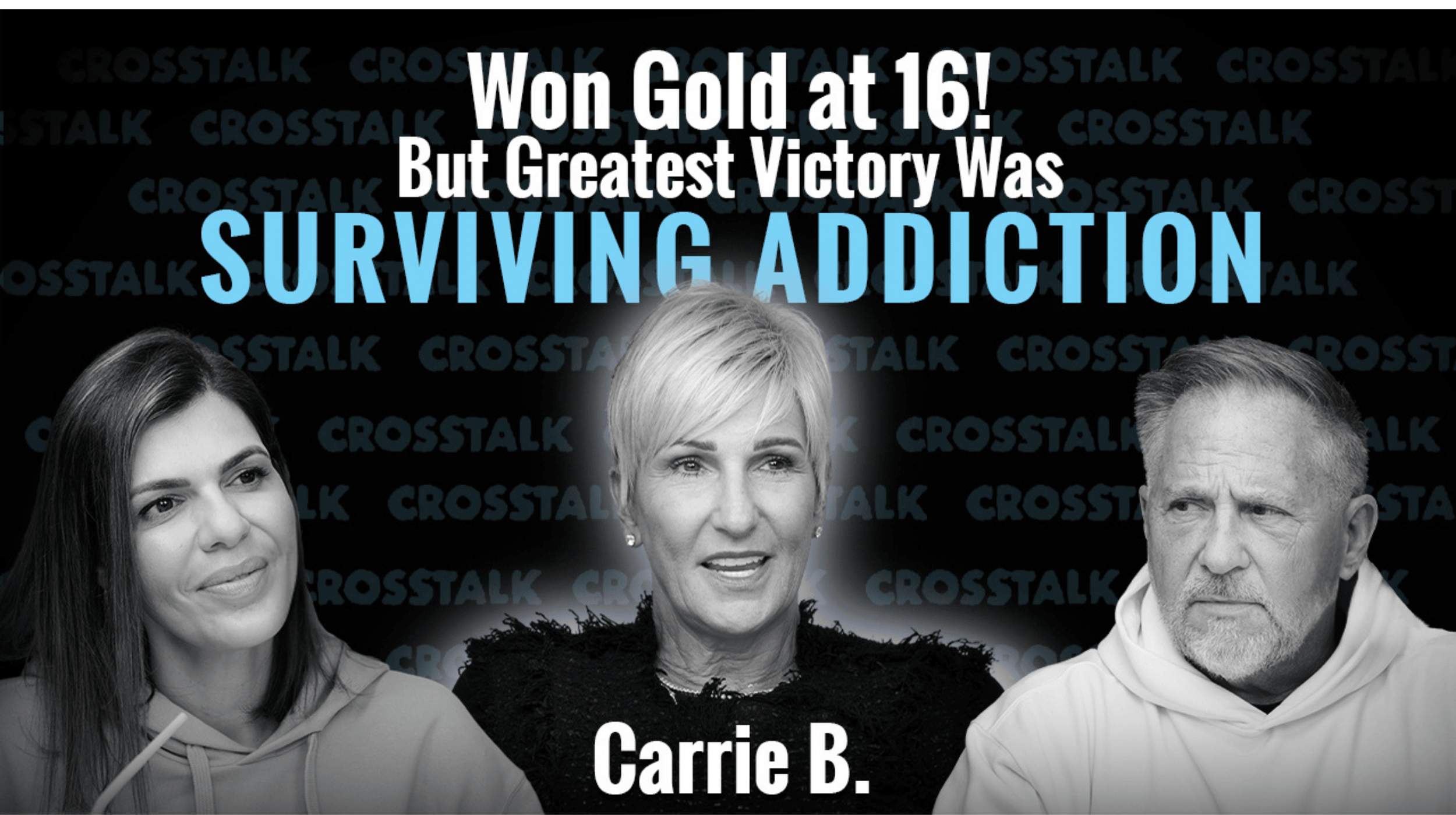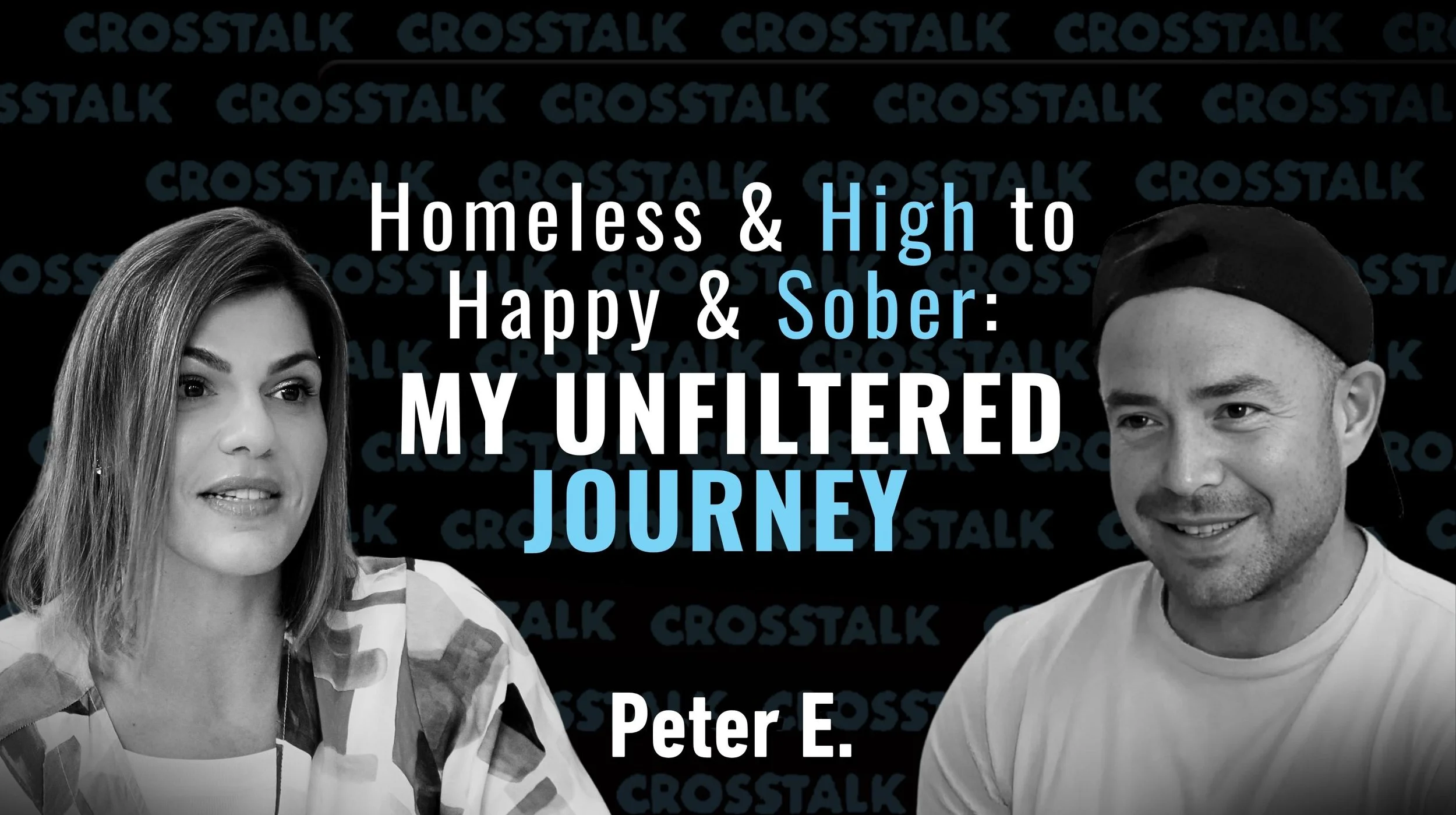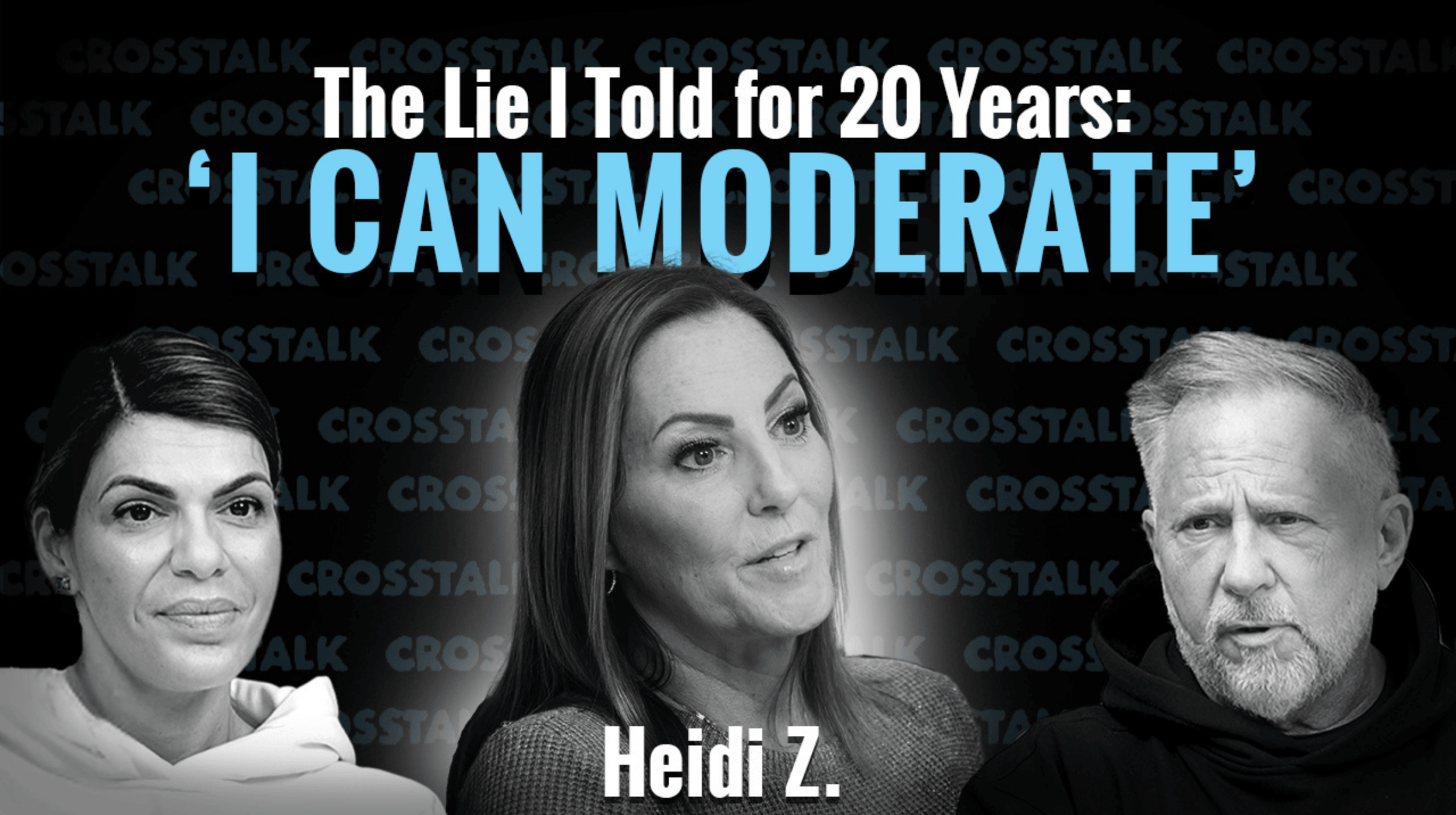What Nobody Tells You About Growing Up With Addict Parents | Chessa M.
Listen or watch on your favorite platforms
Meet Chessa, a rising Broadway star, who opens up about her childhood, shaped by addiction, emotional loss, and generational trauma. Her vulnerability sheds light on what it's like to grow up with substance use in the home—and how it impacts your identity, relationships, and future.
Childhood: Performing Through the Pain
Chessa grew up in North Carolina, raised by two parents who loved her—but who both struggled with substance use behind closed doors. From the outside, her childhood seemed full of joy and promise. She fell in love with performing at just four years old, telling her mother, “Mama, I want to dance.” That same spark would carry her into one of the top acting schools in the world. But behind the spotlight, shadows were forming. “I always think of my childhood in two parts—before my dad died, and after,” she reflects. Her father, a lively and athletic man, also battled deep emotional wounds that would later spiral into addiction and secrets.
The First Encounters: A Household Haunted by Cocaine and Alcohol
Though her parents' use of cocaine wasn’t visible during her early years, the impact of their choices surfaced after her father's death. “I didn't know that both my parents were using cocaine until after he died,” she says. Her father, once a tongue cancer survivor and community sports coach, seemed to deteriorate rapidly. “Every time I saw him, he was thinner… kind of off.” As a young teen, Chessa would eventually learn the truth: addiction ran silently through her household, shaping her environment in subtle but powerful ways.
Active Addiction in the Family: Watching a Loved One Slip Away
Her father’s descent was heartbreaking. He gambled away the family’s house money and disappeared for days at a time. Eventually, he was hospitalized with pneumonia—a complication worsened by his substance use. “He had a second chance after surviving cancer,” she shares, “but he ran himself into the ground.” For months, he lay in a hospital bed, battling both physical illness and the weight of shame. “I really think he didn’t recover because he didn’t know how to get out from under everything he had done.”
Hitting Bottom: Confronting Her Own Patterns
Though Chessa never struggled with substance addiction directly, her emotional patterns mirrored the turmoil she witnessed growing up. In college, she suppressed her limits with alcohol, often getting blackout drunk like many around her. “Every time we drank, people got blackout drunk. That was just the culture,” she says. But the true addiction, she came to realize, was emotional avoidance. “I found the perfect way to be vulnerable… without ever being vulnerable.” Her lowest point came not through substance abuse, but through emotional disconnection and relationships that mirrored her past—where she numbed feelings rather than faced them.
Getting Help: Therapy, Clarity, and Rewriting the Narrative
Chessa's recovery came not through rehab, but through deep therapy and reflection. She began confronting the grief she had long ignored. “I would tell my younger self, ‘If you sit there and feel sad about your dad, it won’t end your life,’” she says. Through therapy, she learned not just to understand emotions—but to feel them. Her relationship with alcohol shifted as well: “I think about being completely sober a lot… and I don’t think I’d miss it.”
What Life Looks Like Today: Joy, Clarity, and a Stage Reclaimed
Today, Chessa is thriving—on stage and in her personal life. A Broadway actress and singer, she’s built a career with purpose and presence. But more importantly, she’s learned to live in alignment with her values. “I value nothing more than my own comfort,” she says, reflecting on her choice to limit alcohol and prioritize emotional well-being. Now in a healthy relationship and deeply connected to herself, Chessa shows that recovery can look different—and that healing doesn’t require hitting rock bottom personally. Sometimes, witnessing someone else’s fall is enough to change your life.
FAQs
Can a child of addicts avoid addiction themselves?
Yes—though genetics play a role, therapy, self-awareness, and support can help break the cycle.Is therapy helpful for grief and trauma related to addiction?
Absolutely. Therapy helps process suppressed emotions and provides tools for long-term healing.What is emotional sobriety?
It’s the ability to feel and manage emotions without avoiding or numbing them, often seen in recovery journeys.Can you have a problem with alcohol without being an alcoholic?
Yes—many people struggle with alcohol misuse or dependency without identifying as alcoholic.How do you support someone who grew up in a household with addiction?
Offer nonjudgmental support, encourage professional help, and validate their lived experience.
Related episodes
ABOUT CROSSTALK
CROSSTALK reveals real stories of everyday people and notable figures, sharing their journeys from struggles to life-changing 'aha' moments with all kinds .


 Spotify
Spotify














